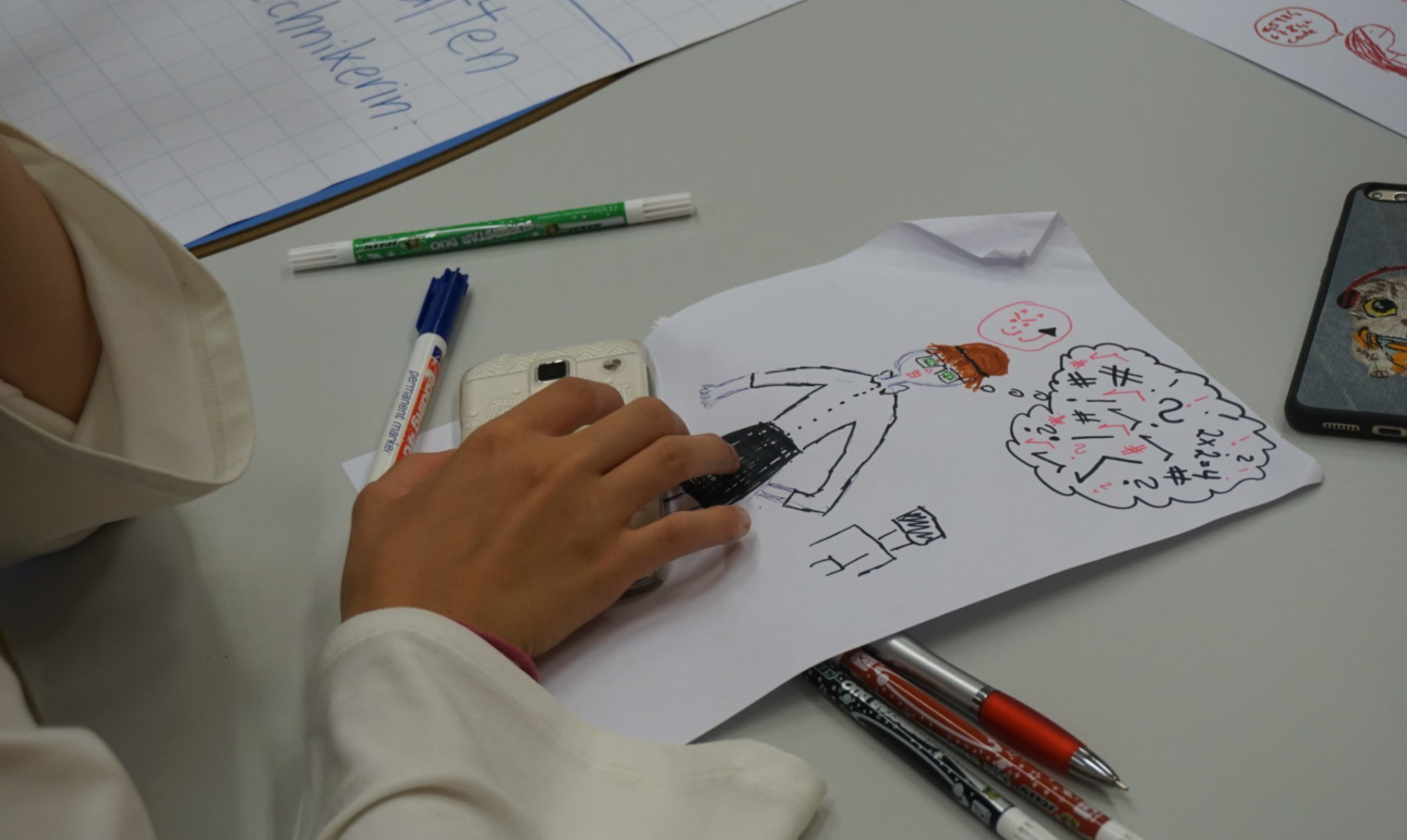Reference Format: SPIELER, B., KRNJIC V., AND SLANY, W. 2019. Girls Create Games: Lessons Learned. 13th European Conference on Games Based Learning, 2-3 October 2019, Odense, Denmark
Bernadette Spieler, Vesna Krnjic, Wolfgang Slany
Graz University of Technology, Graz, Austria
bernadette.spieler@ist.tugraz.at
vesna.krnjic@ist.tugraz.at
wolfgang.slany@tugraz.at
Abstract: Recent studies from all over the world show that more boys than girls play video games. The numbers are different for mobile gaming apps, where 65% of women are identified as gamers. Adapting gaming concepts or game design activities for academic purposes is a widely applied approach at schools or off-school initiatives, like CoderDojos or similar clubs, and is seen as a promising opportunity for all teenagers to learn coding in an entertaining way.
This raises two questions: First, do such game-based concepts also help those female students who do not play games in their leisure time? Second, do special girls’ game-design patterns exist, and what can we learn from them? This paper describes a girl-only intervention where girls were asked to create their own games. This “Girls’ Coding Week” was designed as an off-school event and took place during summer 2018 with 13 girls between 11 to 14 years old. To explain the basic steps of programming and to create personalized games, the visual coding app Pocket Code, an app developed at Graz University of Technology, was used. The girls created their own games with the help of a storyboard after receiving all important information about coding (through unplugged coding activities, challenges, and a basic introduction to game design principles). Qualitative and quantitative data was collected through open interviews, as well as created artefacts and surveys which refer to motivational aspects. The findings show that gaming elements female teenagers tend to like, create, and play, mostly follow stereotypical expectations. In contrast to our experiences in heterogeneous course settings, this was not seen as something negative by girls. Furthermore, the findings provided evidence for game-making environments for girls. Subsequently, the results contributed to the development of new featured games to be used in our app to inspire female users around the world to code their own games. The authors argue that by understanding these differences in game design, we can support girls so that they become game designers and thereby more interested in coding.
Keywords: Computer Science Education, Digital Literacy, eLearning, MOOC, Pocket Code
Conference: 13th European Conference on Games Based Learning,
2-3 October 2019, Odense, Denmark
https://www.academic-conferences.org/conferences/ecgbl/
